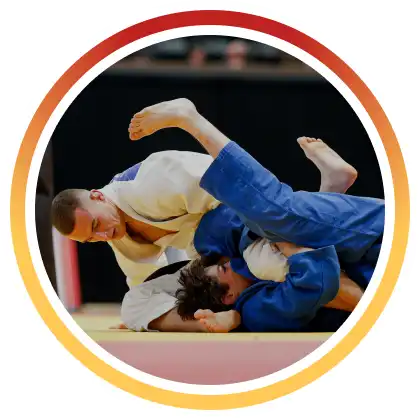

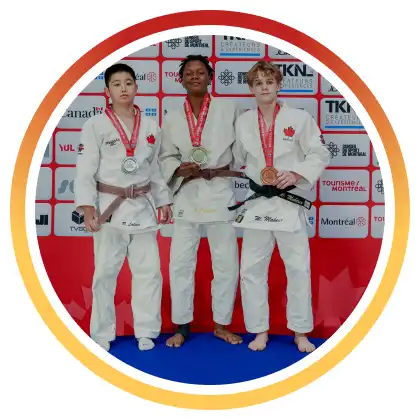

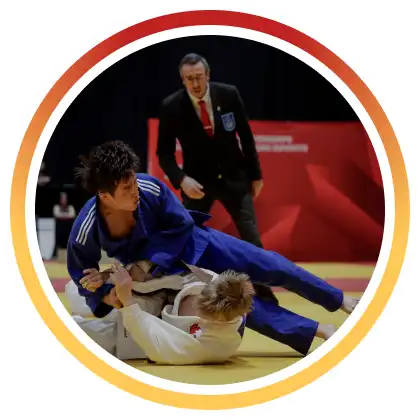

read more
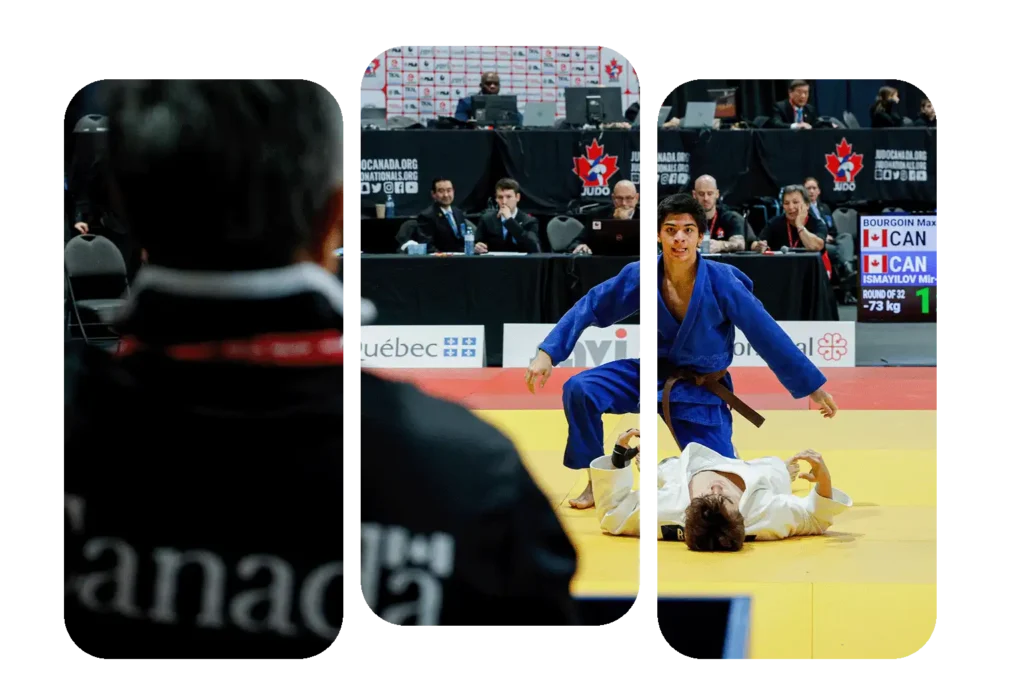

read more
read more
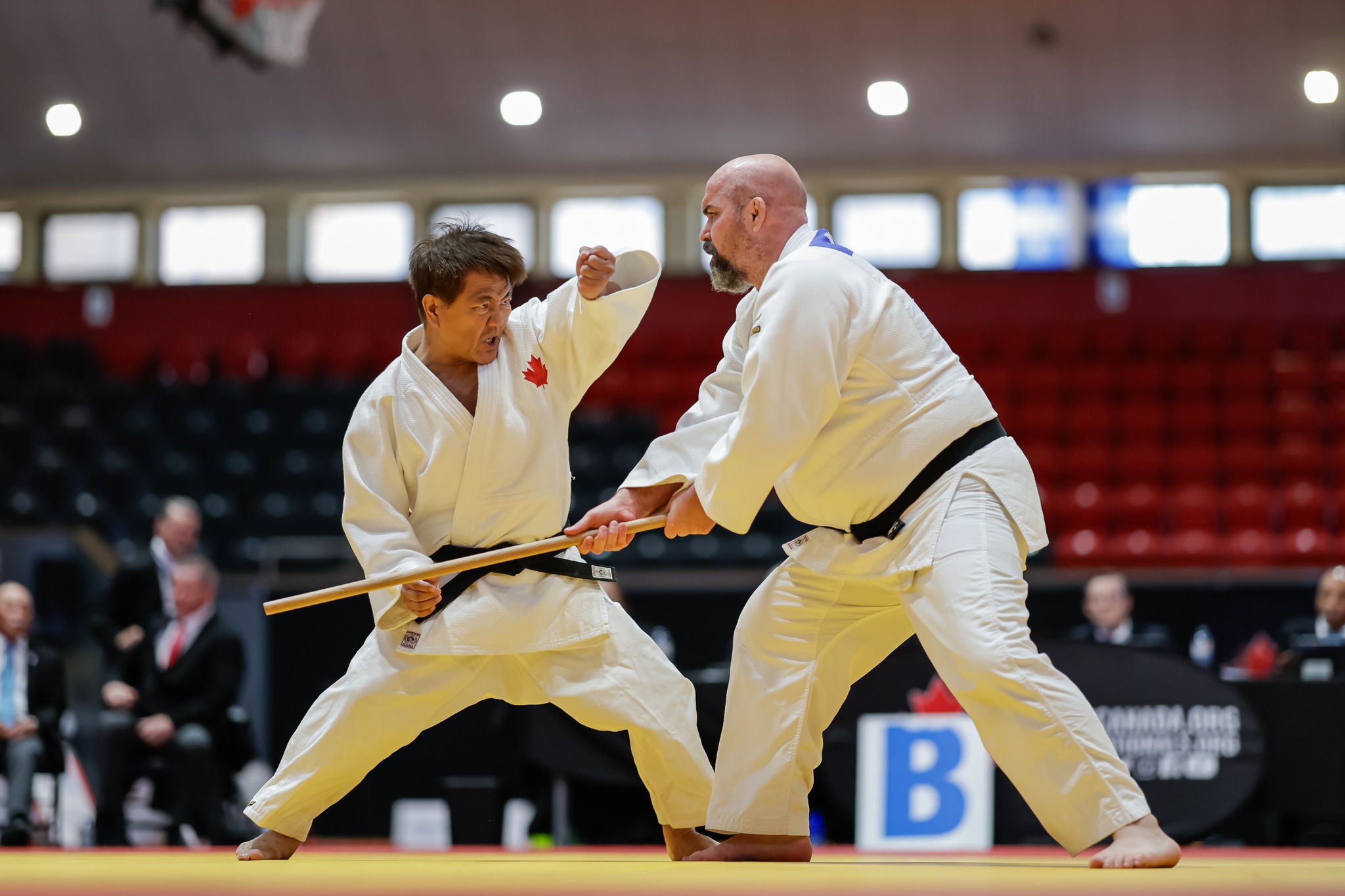


Kata competitions in judo are like technical demonstrations where judokas show their precision, control and fluidity in the execution of movements. It is a more traditional and artistic approach to judo, where the objective is not to win a fight against an opponent, but to perform techniques perfectly according to well-defined sequences.
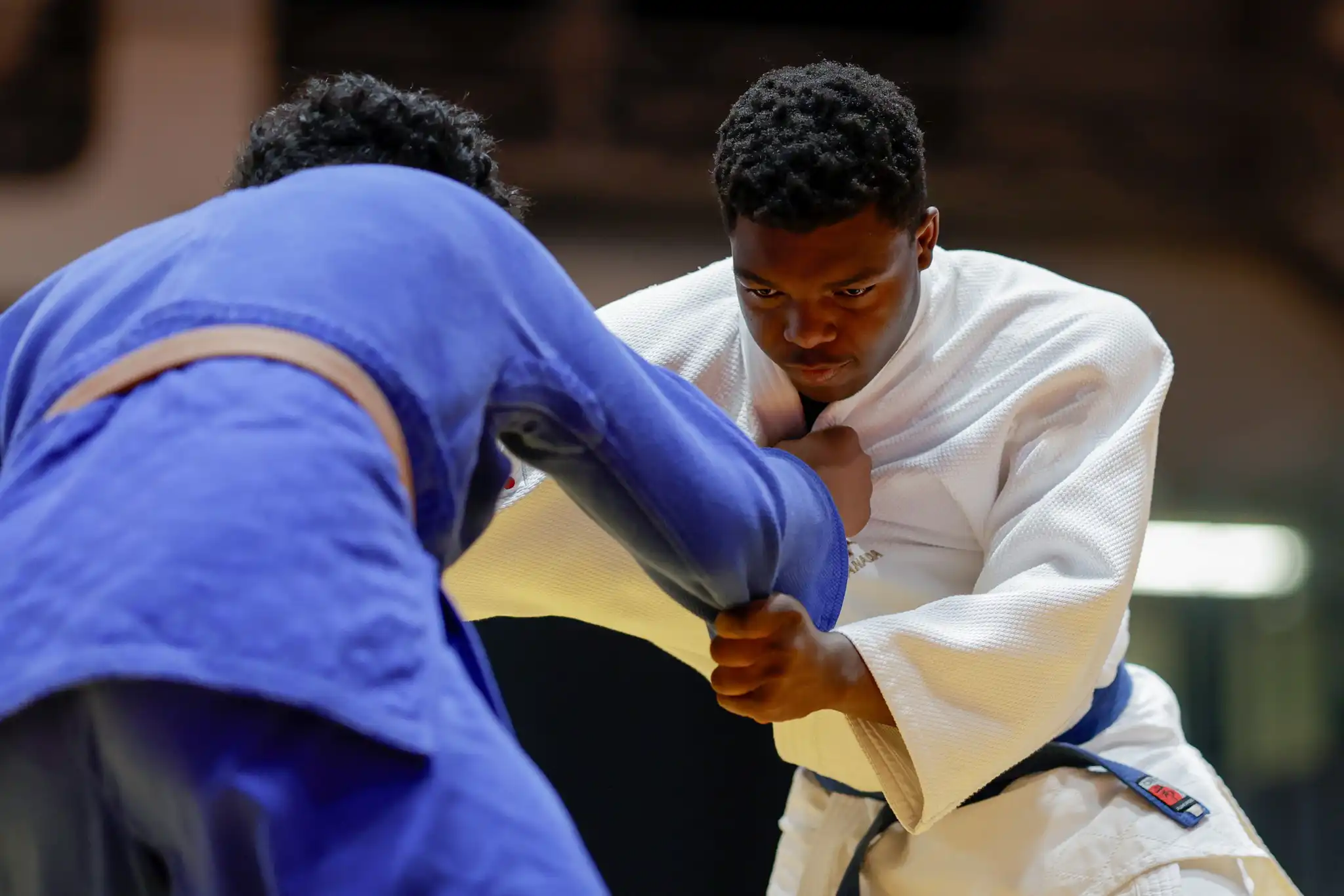


Judo shiai is the official competition where you compete according to strict rules to demonstrate your technical mastery, strategy and competitive spirit. Each fight, conducted on the tatami, is a test of strength, agility and respect for the principles of judo. The goal of shiai is to score points by executing precise techniques such as Ippon or Waza-ari, while respecting the ethics and spirit of the sport. It is a true test of your skill and character as a judoka.
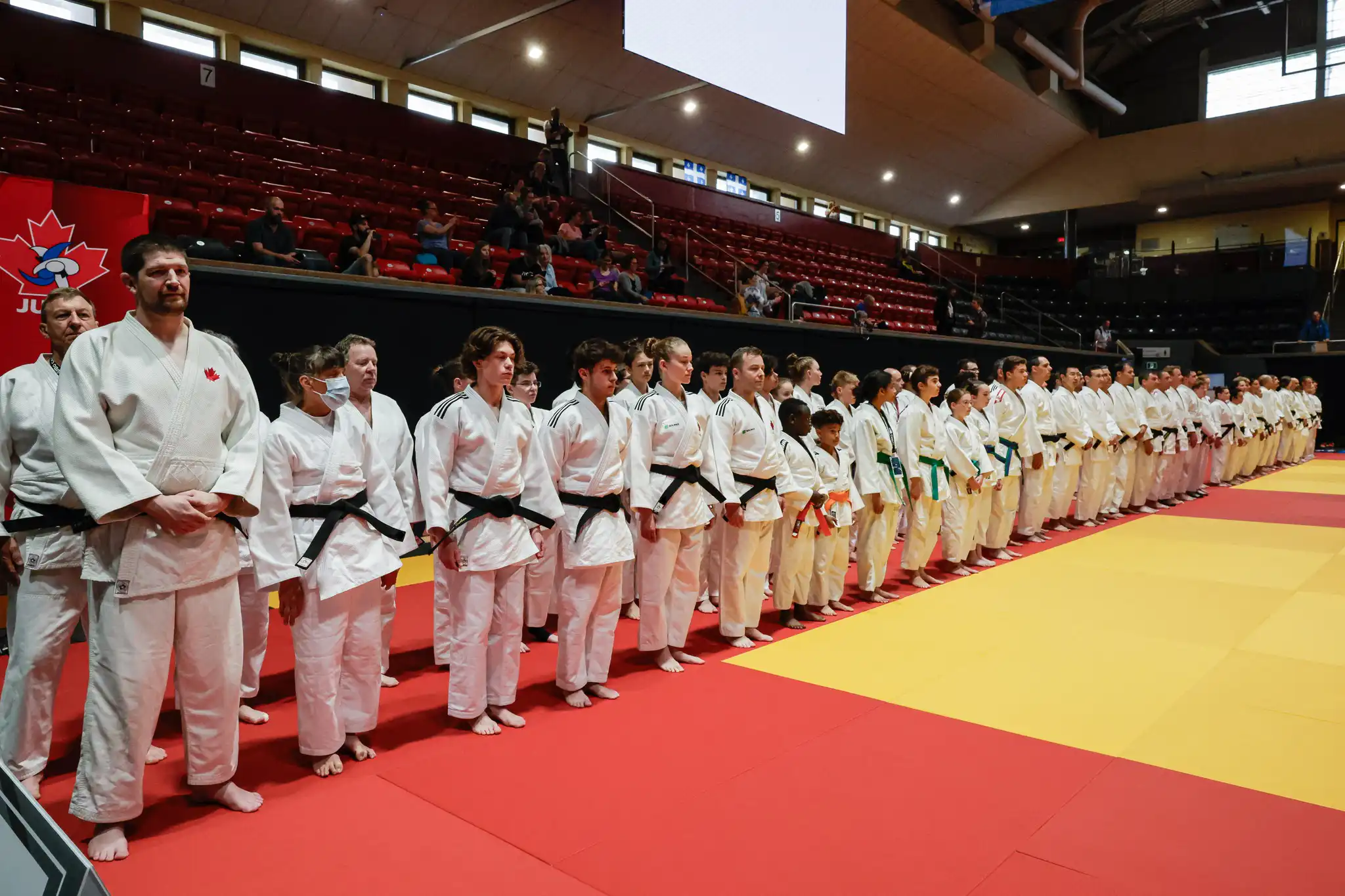


Judo weight categories are designed to ensure fair competition. No matter your size, you will be placed in a specific category based on your weight. This allows each judoka to face an opponent of similar size and strength, where technique and strategy are paramount. As a judoka, you will need to control your weight, not only to respect the limits of your category, but also to take advantage of your natural strengths. Each category offers you unique challenges, but the respect for the principles of judo remains constant, regardless of your category.
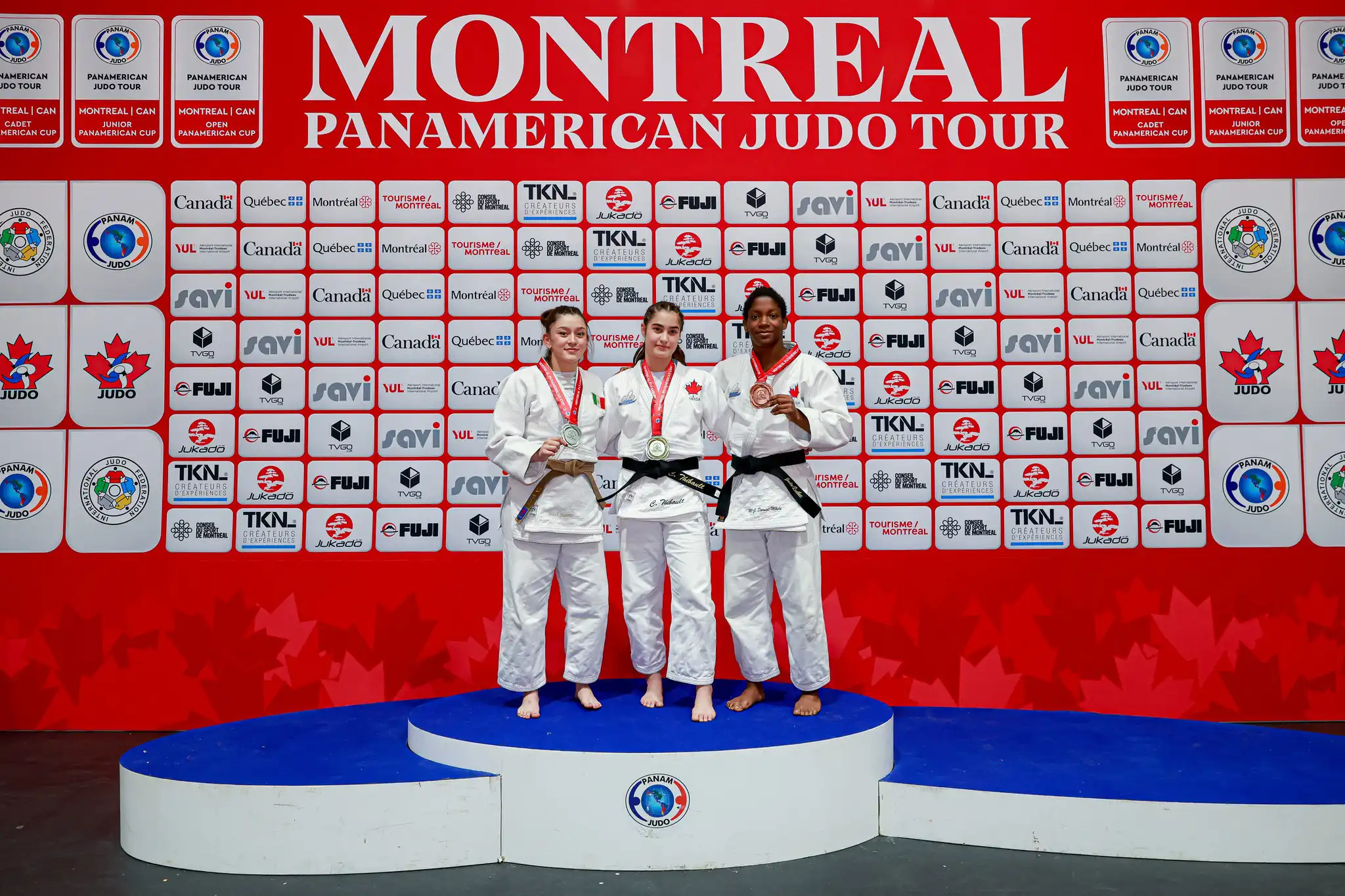


Judo tournaments are where your fighting spirit and mastery of the tatami come to life. You compete against opponents on all levels, in an atmosphere that is both intense and respectful. Each fight is an opportunity for you to test your techniques, refine your strategies and push your limits. Whether you are a novice or experienced, you discover the adrenaline of competitions and the importance of fair play. On the tatami, you are not only looking to win, but to become a better version of yourself, a complete and determined judoka.
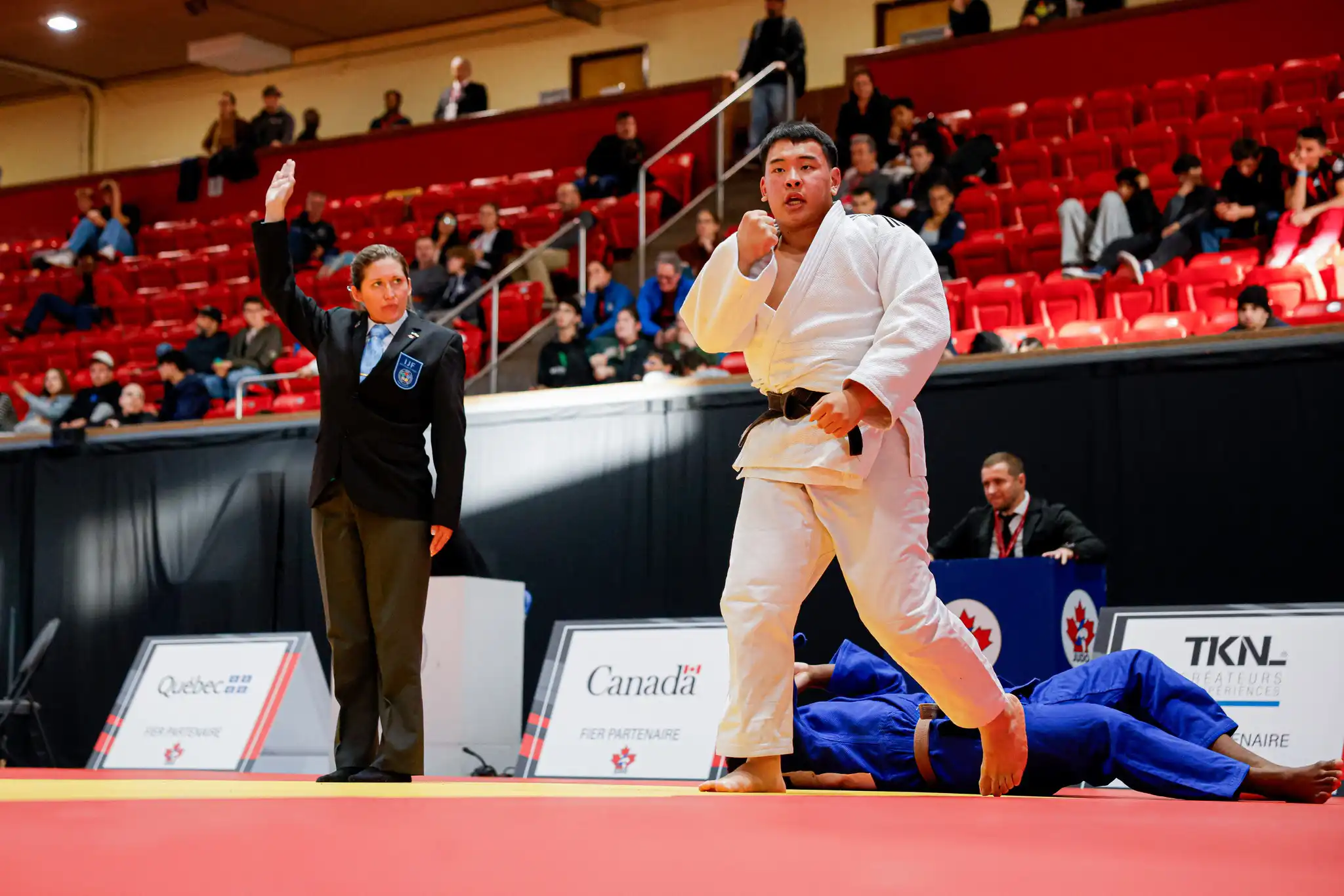


Judo scoring is at the heart of every fight. You learn to aim for the perfect techniques to score a waza-ari or an ippon, those scores that reflect your mastery. Every move you execute, every hold, throw or lock, can swing the result in your favor. On the tatami, the score becomes a witness to your commitment, your strategy and your ability to dominate the opponent while respecting the spirit of judo.
read more
It’s the full point. When an ippon is scored, the match stops immediately, and the judoka who scored the ippon is declared the winner. It represents the perfect execution of a technique.
The introduction of the blue judogi in judo competitions (in 1997) was mainly motivated by visibility and the need to differentiate competitors, making it easier to judge matches and making the sport more accessible to spectators, especially on television.
Yes.
To become a referee, you first need to be a judoka. You must have experience as a judoka, know and understand the rules of judo, attend referee training and updates, pass referee exams, and gain experience both as a referee and as a judoka.
Yes! And I’d love to meet you there one day! You can find the schedule on judocanada.org and on the websites of provincial judo associations. Many clubs also post upcoming competitions and events. Join us!
There are different ways to win: either by ippon, which is a full point, or by waza-ari, which is a half point, or if the opponent gets 3 shidos, which are penalties.
An ippon is the full point, and it immediately ends the match. A waza-ari is a half point, and a single waza-ari does not end the match. Two waza-ari combined automatically give an ippon, and therefore the victory.
Yes! The penalties are called shido. There are several ways to get a shido. When a judoka receives three (3) shidos, the match is over and their opponent wins. When competing, it is important to know the rules in effect to avoid penalties.


QUICK LINK
JUDO.ca
JOIN US
LANGUAGES